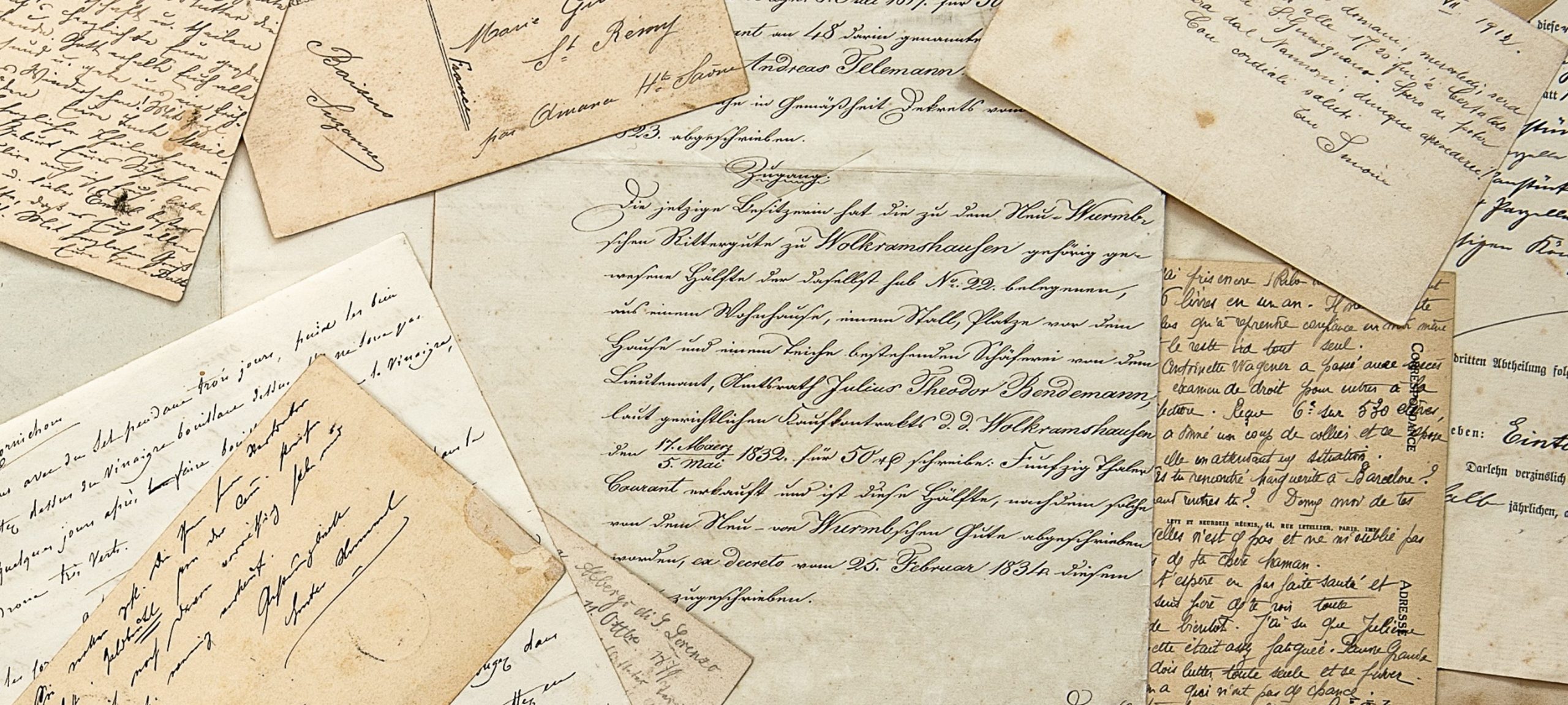
- This event has passed.

Diaries in Times of World Wars: Historiographical and Methodological Issues
25 September 2025 – 26 September 2025
This international conference brings together, for the first time, researchers from the French-speaking world working on personal diaries kept by civilians during the First and Second World Wars. Its aim is to share key issues, confront difficulties—whether generic, methodological, or related to corpus compilation—and explore avenues for cross-cutting analyses.
The First and Second World Wars share the profound impact they had on civilian populations, through their violence, duration, the vast territories affected, the resources mobilized, and the losses endured, as well as the sweeping social, economic, cultural, and political upheavals they caused. They have generated an extensive historiography addressing both military and strategic aspects and the effects on civilian populations, including mobilization, collaboration, resistance, violence, and everyday life.
Nevertheless, personal diaries kept by civilians have received comparatively little attention as a corpus, despite their undeniable historical value.
What do these diaries tell us about personal and collective experience in times of extreme violence? How can historians make use of these daily writings, in which the banal sometimes overshadows the extraordinary? What contribution do they make to the already extensive historiography of the two World Wars? Finally, to what extent do these variable, dissonant, dense, fragmentary, and multifaceted sources document the impact of war on sensitive aspects of civilian life: the body, relationships to death and violence, perceptions of time and space, intimate spaces, social relations, understanding and interpretation of ongoing events, and ethical and emotional reconfigurations?
This conference aims to lay the groundwork for approaching these sources systematically. In particular, it seeks to highlight the value of treating personal diaries in series, beyond the common analysis of a single notebook. Considering these sources, which are indeed individual and intimate, as a corpus allows for a better understanding of the specificities of any given diary and for drawing broader insights.